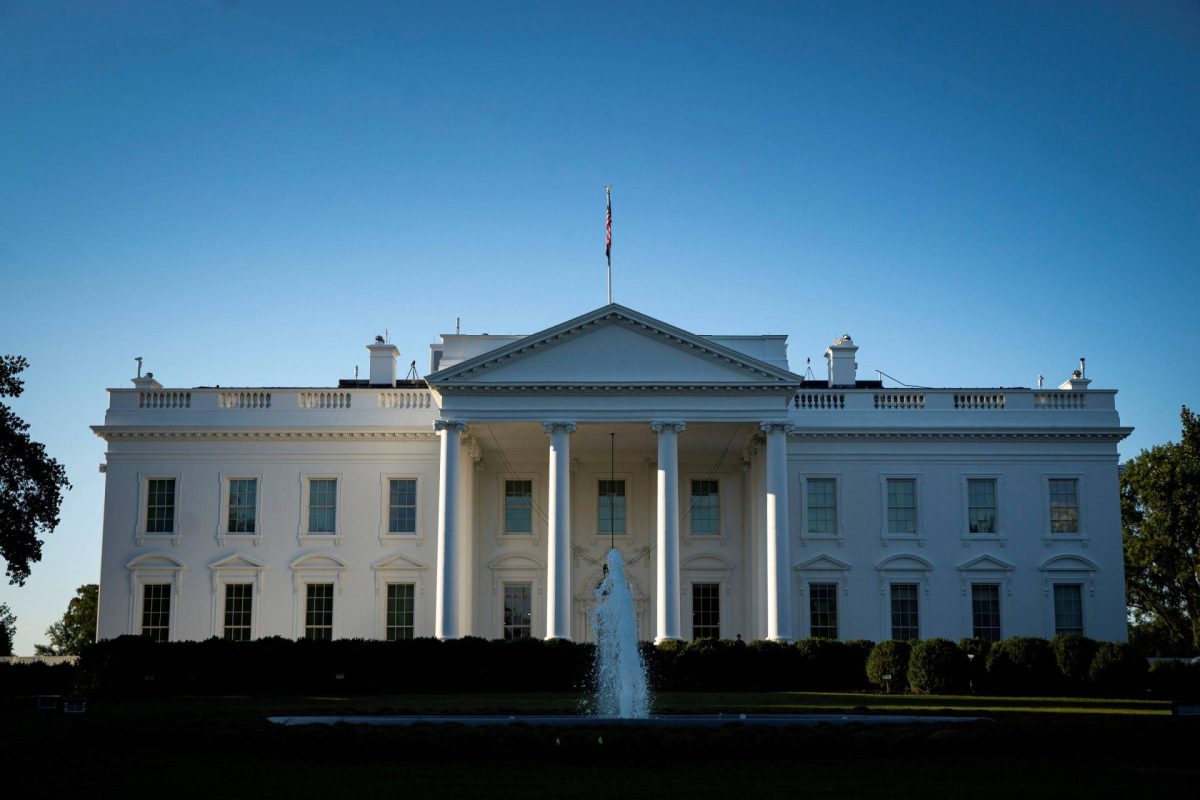Any normalization agreement between Saudi Arabia and Israel brokered by the US will likely include an upgrade in US-Saudi relations and a package of tangible deliverables from the US government.
Such a deal could be unpopular among Democrats and might cost Biden a lot of political capital. Biden once vowed to make Saudi Arabia a “pariah” over the kingdom’s human rights record and the murder of Washington Post columnist Jamal Khashoggi. US intelligence says Saudi Crown Prince Mohammed bin Salman is responsible for Khashoggi’s murder — an allegation Saudi Arabia denies.
But a deal could be a historic breakthrough in Middle East peace, leading to a domino effect of more Arab and Muslim-majority countries normalizing relations with Israel and putting US-Saudi relations back on track.
White House national security adviser Jake Sullivan met with MBS last week in Jeddah and, among other issues, discussed the possibility of Saudi-Israeli normalization, the US officials said.
After the meeting, White House Middle East czar Brett McGurk and Biden’s senior adviser Amos Hochstein traveled to Jerusalem and briefed Israeli Prime Minister Benjamin Netanyahu.
According to the two US officials, Sullivan told MBS the US thinks there is an opportunity to get a Saudi-Israeli deal by the end of the year.
MBS stated that he doesn’t want to take any more incremental steps toward warming relations with Israel, but instead, work toward one big package that will include US deliverables like stronger military cooperation, one US official added.
Two senior US officials said it’s in Saudi Arabia’s interest to get a normalization agreement with Israel while President Biden is in office because it would receive more bipartisan political support and legitimacy in Washington, especially when it is likely to include US steps toward Saudi Arabia that would be unpopular.
While Republicans in Congress generally support a deal with Saudi Arabia, many Democrats who are critical of the kingdom will only support such an agreement if done under a president of their own party, the two US officials added.
A National Security Council spokesperson said the White House “does not comment on the content of private diplomatic discussions.”
“The United States is fully committed to strengthening and expanding the Abraham Accords and supporting Israel’s integration into the Middle East,” the spokesperson added.
“This will be an area of continued emphasis and focus for us over the coming period as we look to achieve a more integrated, more prosperous, and more stable region that serves the interests of our partners and the United States over the long term,” the official continued.
A senior Israeli official told Axios he agrees with this analysis and also stressed the Saudis would be better off cutting a deal with a Democratic president.
The Israeli official compared it to Netanyahu’s decision to get the security assistance deal with President Obama in 2016 and not waiting for a possible electoral win by then-presidential candidate Donald Trump.
“The fact we got the deal with Obama strengthened support by Democrats in Congress for US military aid to Israel,” the official added.
US officials say that one of the biggest hurdles to getting a wide-ranging deal between Saudi Arabia and Israel has to do with the Saudi request to upgrade is military cooperation with the US and gain access to sophisticated US weapon systems it doesn’t currently have.
The Saudis also want to be able to purchase munitions from the US for their air force after such sales were suspended by the Biden administration weeks after the president assumed office due to the war in Yemen.
US and Israeli officials say the truce in Yemen, which was boosted by the Saudi-Iranian rapprochement, creates better conditions for improving US-Saudi ties and for moving forward with such a deal.
US and Israeli officials say another hurdle is the Saudi request to get US support for a Saudi nuclear program that will include uranium enrichment.
The possibility of Saudi Arabia developing a nuclear energy program, including independent uranium enrichment, is a matter of serious concern for Israel, but Israeli officials say there are several possible solutions that are being discussed to mitigate the nuclear proliferation concerns.
